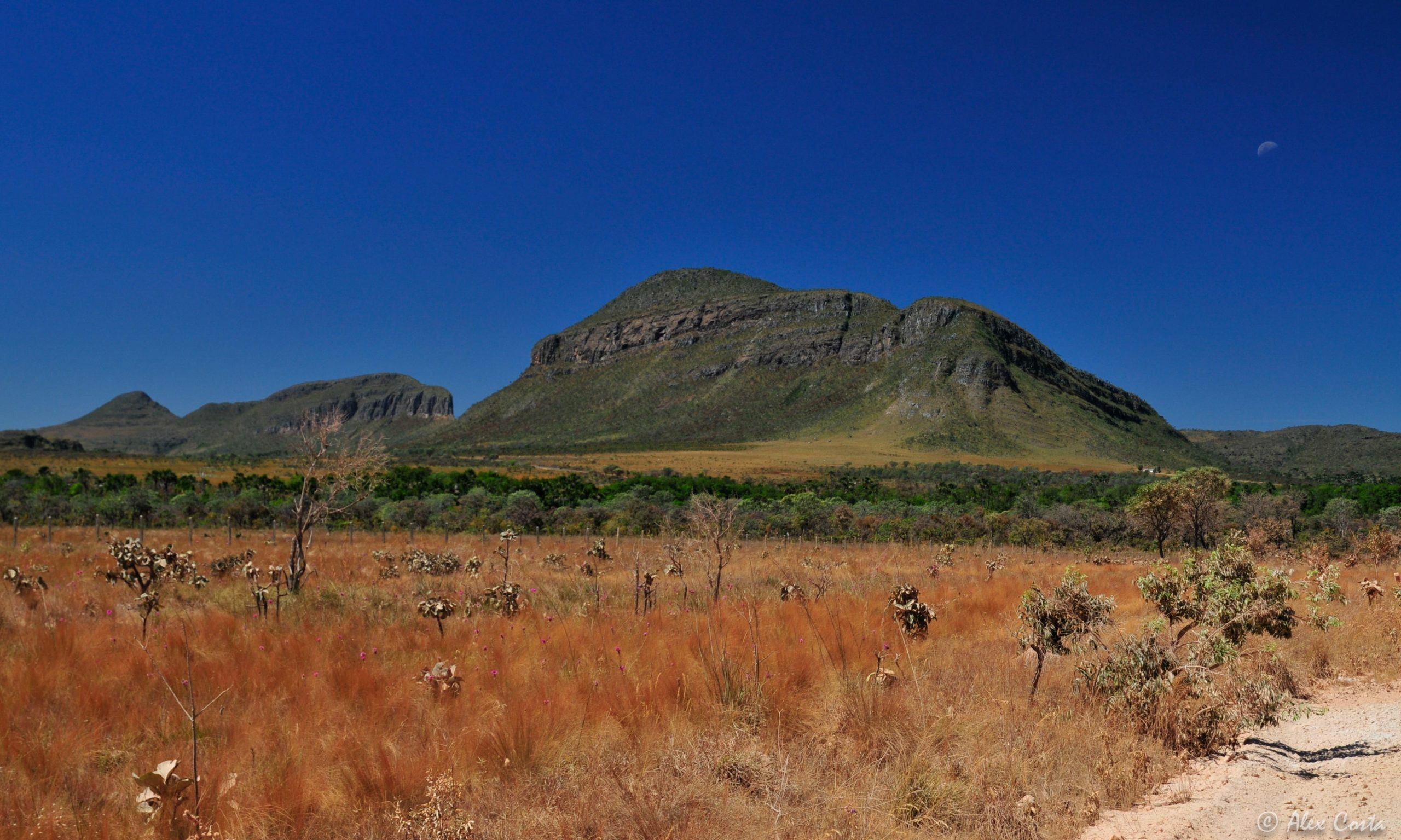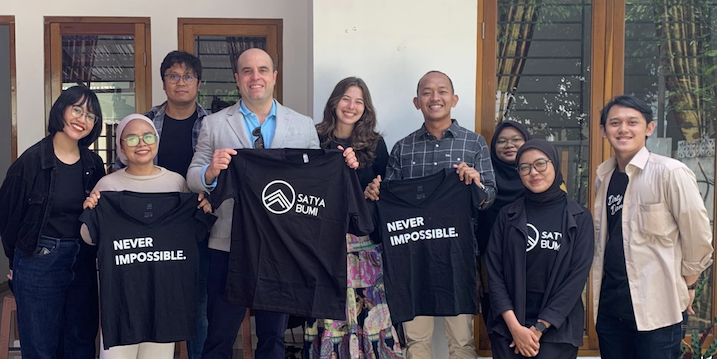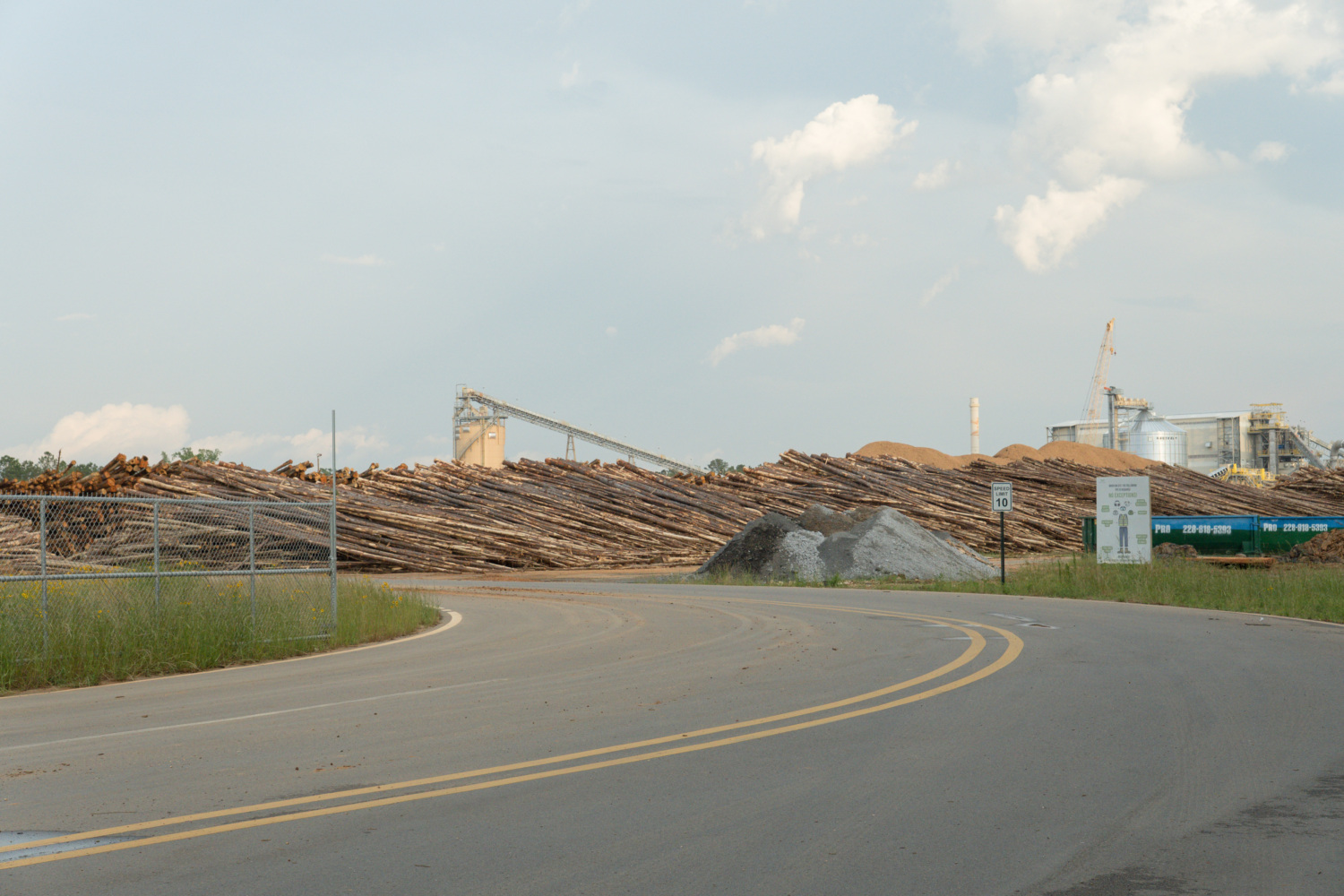
The new green bond may address one-third of deforestation in the Brazilian Cerrado
Written by Ashley Song
Deforestation in Brazil reached a record high in May of this year, and it’s possible that 2019 will be one of the worst years for deforestation within the country. Agricultural expansion — especially for soybean production and cattle grazing — is the leading cause of this environmental destruction, threatening the well-being of local communities, endangering wildlife, and contributing to climate change. In response to this devastation, the world’s first financial vehicle to offer green bonds for sustainable soy production was launched on July 4 at London Climate Week.
The goal of the green bond is to drive large-scale environmental change by providing low-interest credit lines to Brazilian soy and corn farmers who commit to avoiding deforestation. The bond aims to transfer $1 billion to more than one thousand medium-sized farmers (those operating one to six thousand hectares of land) within the next four years. If this new financial tool succeeds in changing on-farm practices, it could save 1 million hectares and eliminate 250 million tons of CO2.
Our Soy and Cattle Rapid Response program, developed in partnership with Aidenvironment, is monitoring native vegetation clearance across the Brazilian Cerrado, the world’s most biodiverse savannah. Each report highlights a selection of recent cases of clearance, prioritized based on known value chain links. In our first three reports, released in June and July, 36 farms cleared a total of 45,802 hectares. Of these properties, more than 40 percent were medium-sized and therefore qualified to benefit from the green bond. However, these farms accounted for just one-third of the native vegetation clearance included in our reports, while large farms were responsible for nearly all the rest.
Although large farms are responsible for an overall higher total of clearance, we found that medium farms are deforesting greater proportions of their properties.Whether or not the green bond is able to effectively address this higher rate of clearance among medium-sized farmers is an open question.


